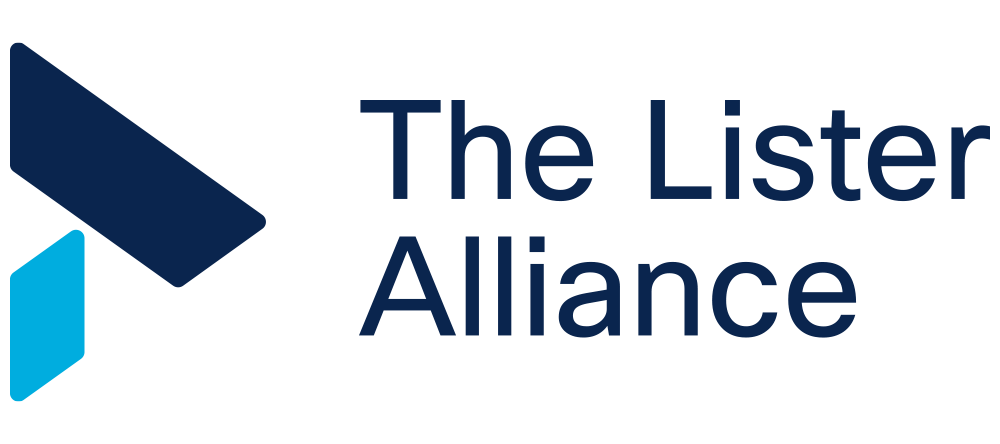Creating 24/7 Healthcare Access: A Technology-Driven Approach to Reducing Patient Wait Times
I am a GP Partner at Burnett Edgar Medical Centre. To me, Primary Care is the best place to innovate and bring together wider community services and diagnostics into a much tighter collaboration underpinned by radical new IT infrastructure and 24/7 service delivery to our patients.
I started Concept Health Technologies (CHT) to realise the wider ambition of creating a model of care that resembles the overall aim as stated above. We were seeing excessively long waiting times for people to access pulmonary rehabilitation as per the NICE guidance. In some cases, patients were waiting up to two years. Across these long wait times, patients tend to deteriorate and become more deconditioned, placing them at higher risk of hospital admission. To date, we continue to struggle with reducing respiratory related non-elective hospital admission as we are unable to deliver pulmonary rehabilitation programmes at scale.
When we started CHT, our vision was 24/7 delivery of community services so that patient’s wait time reduced significantly to around 2 weeks. Using the most radical sensor technology powered by AI and a data driven approach, we found we could deliver care at less than half the cost of the conventional approach.
In 2019 we launched our groundbreaking PRinVR concept - Pulmonary Rehabilitation in Virtual Reality that allowed the NHS to deliver 24/7 fully supervised pulmonary rehabilitation programmes for the first time. This is now being implemented across several Integrated Care Systems (such as West Yorkshire and Sussex Integrated Care Boards) to support patients and deliver care in the target wait time (less than 2 weeks).
In 2022, we launched a radical new concept using smart glasses underpinned by large language models (LLMs) to equip community teams to deliver better and safer care whilst improving productivity by up to 33%. Building on this successful pilot in community services, we went on to develop an innovative mental health platform powered by our proprietary on-premises LLMs. This solution functions as a versatile Electronic Patient Record (EPR) layer that seamlessly integrates with any existing healthcare system while leveraging advanced AI capabilities.
Our implementation has yielded impressive results, achieving a 43% reduction in clinical time through optimized workflows and intelligent automation. The system efficiently manages a wide spectrum of responsibilities, from patient inquiries and medication monitoring to administrative tasks, enabling healthcare providers to focus more on direct patient care. Notably, patient engagement has been exceptional, with strong adoption rates validating our digital-first approach to mental healthcare delivery.
A distinguishing feature of our platform is its sophisticated continuous learning architecture, which systematically evaluates and refines each clinical interaction to enhance accuracy and effectiveness over time. This ensures constant improvement in service delivery and patient outcomes. Healthcare providers can deploy this solution as their own branded platform, hosting it within their infrastructure while maintaining complete data sovereignty and operational control. The combination of seamless integration capabilities, AI-driven optimization, and provider autonomy positions our platform as a transformative solution in the mental healthcare landscape.
This comprehensive approach not only streamlines clinical workflows but also establishes a foundation for sustainable, technology-enabled mental healthcare delivery that adapts and improves with each interaction. Our platform represents a significant advancement in how mental health services can be delivered efficiently while maintaining high standards of care.
The future holds so much potential for increasing access to care and support for our patients. Whether it is pulmonary rehabilitation, mental health support, or any other service, the role of digital solutions in reducing wait times is applicable and scalable across several clinical areas. Reducing unnecessary burden on clinicians and equipping them with tools that support their day-to-day tasks gives them more time to dedicate to patients - a win for everyone. With the rapid advances across LLMs, we are feeling energised and motivated to keep building on our promising pilots and translate some of the hype around AI into real, tangible results. Collaborating with industry partners and consortiums like The Lister Alliance has supported CHT to achieve all of this to date, but the journey has only just begun as we continue to accelerate our resolve to deliver AI powered healthcare to the public.

